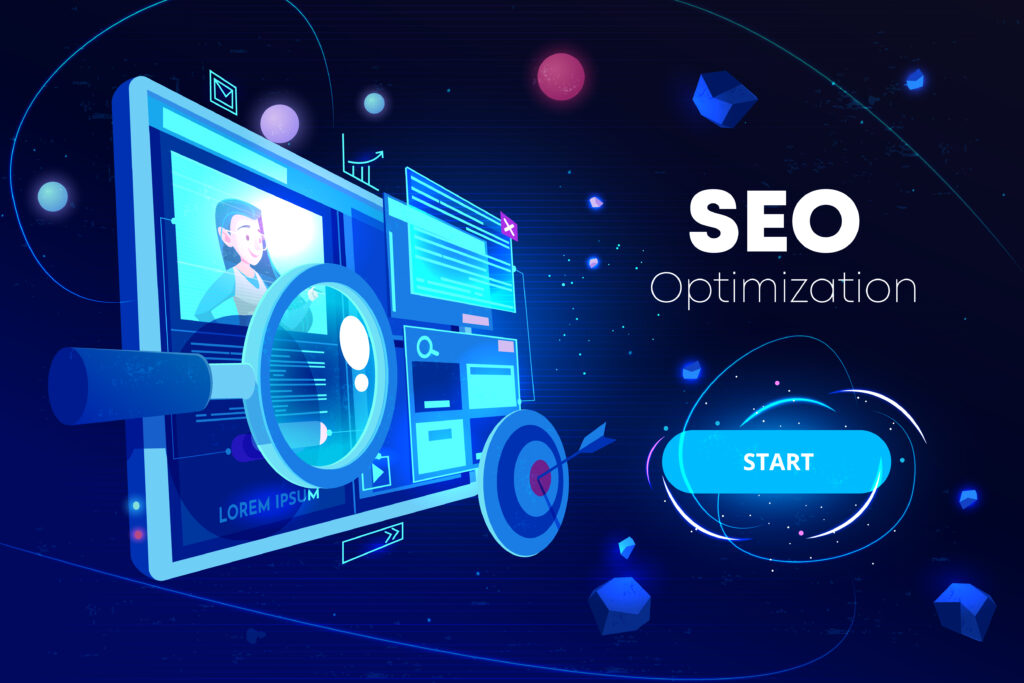Digital Marketing
Our Services
SEO (Search Engine Optimization)
SEO is the process of optimizing websites to improve their ranking on search engines like Google. It involves techniques such as keyword research, on-page optimization, backlink building, and technical SEO.
The goal is to increase organic traffic, making the website more visible to potential customers. A well-optimized website helps businesses gain credibility and attract more visitors without spending on ads.
Digital marketing courses teach students how search engines work, how to analyze competitor websites, and how to use tools like Google Search Console.


Social Media Marketing (SMM)
Social media marketing involves using platforms like Facebook, Instagram, LinkedIn, and Twitter to promote products and services. Businesses create engaging content, run ad campaigns, and interact with their audience to build brand awareness and customer loyalty. Effective social media marketing can drive website traffic and generate leads or sales.
Courses on social media marketing teach students how to develop content strategies, schedule posts, and analyze performance metrics.
Google Ads & PPC (Pay-Per-Click)
PPC advertising, especially through Google Ads, allows businesses to display their ads on search engine results pages and websites. Advertisers pay only when users click on their ads, making it a cost-effective marketing strategy. PPC campaigns can drive immediate traffic and generate leads, making them ideal for businesses looking for quick results.
Digital marketing courses teach how to create and optimize PPC campaigns, select the right keywords, and set budgets effectively. Students learn about bidding strategies, ad copywriting.

Content Marketing
Content marketing focuses on creating valuable, relevant, and engaging content to attract and retain customers. It includes blog posts, videos, infographics, podcasts, and other content forms. High-quality content builds trust, enhances brand authority, and improves SEO rankings.
Courses on content marketing teach students how to create compelling content, develop content calendars, and distribute content across multiple channels. They also cover storytelling techniques, audience targeting, and measuring content performance.
E-commerce Marketing
E-commerce marketing focuses on strategies to increase sales for online stores. It includes SEO for product pages, social media advertising, email campaigns, and conversion rate optimization. A strong e-commerce marketing strategy ensures a seamless customer journey from product discovery to purchase.
Courses on e-commerce marketing teach students how to optimize product listings, use retargeting ads, and implement email automation. They also cover customer retention techniques like loyalty programs and personalized recommendations.
